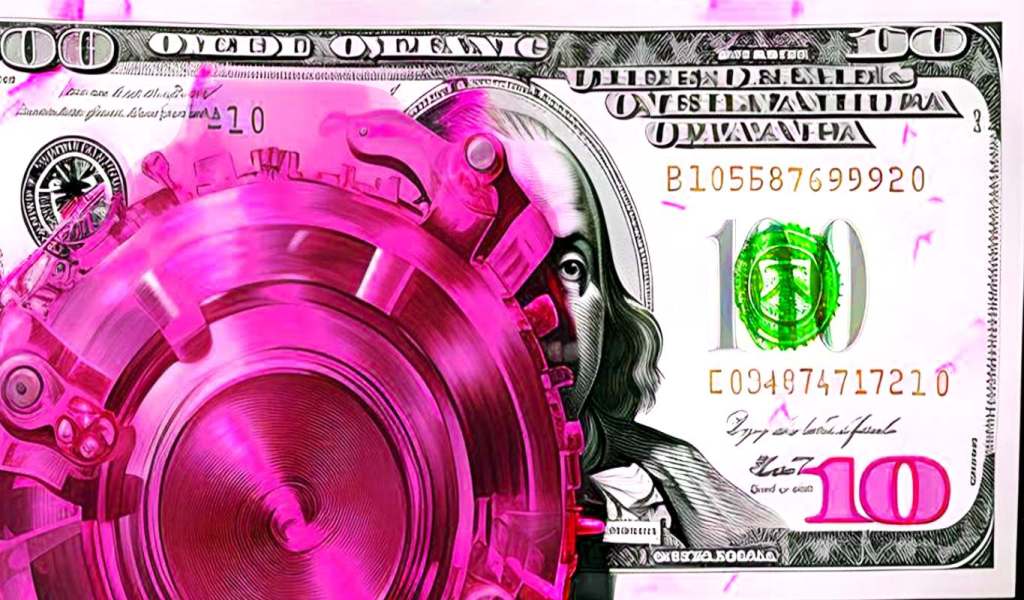
Harvard scholar Christine Kim writes that income and wealth in the metaverse should be subject to immediate taxation.
Harvard legal scholar and Yeshiva University law professor Christine Kim recently published a research paper detailing arguments for not only taxing the metaverse but treating it as “a laboratory for experimenting with cutting-edge policy.”
In the paper, dubbed simply “Taxing the Metaverse,” Kim argues that the metaverse allows participants to create and build wealth entirely within its ecosystem.
According to Kim, this burgeoning wealth sector should be regulated under tax code:
“Because economic activity within the Metaverse satisfies the Haig-Simons and Glenshaw Glass definitions of income, its exclusion will create a tax haven.”
The paper continues to explain that the metaverse’s ability to “record all digital activity and track individual wealth” means that governments can track and tax income immediately upon receipt — something Kim says could shake up the status quo when it comes to United States tax law.
Related: New tax rules for crypto in the US: Law Decoded
Kim further recommends changes to how taxes are realized. In this context, metaverse users in the U.S. would, according to the research, currently be taxed only upon realization or engaging in a taxable event such as a withdrawal.
Under Kim’s proposals, taxation would occur immediately upon receiving gains, “including unrealized gains and income,” even if they remain in the metaverse.
The more pressing matter, in such an event, would be enforcement. Kim writes that there are two plausible methods for enforcing tax law in the metaverse. The first would involve individual platforms withholding taxes on behalf of users.
The second, which Kim calls less preferable, is referred to as residence taxation and would rely on platforms sending tax information to users who would then file and pay their own tax obligations.
The paper also argues that taxing the metaverse presents further opportunities for lawmakers, even those who wouldn’t normally be interested in Web3 and metaverse technology.
“The Metaverse can be a laboratory for experimenting,” writes Kim, adding that it “has the potential to simulate scenarios that are unlikely to ever occur in the physical world.”










